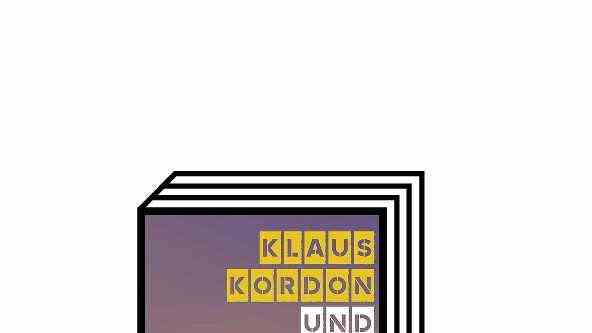Klaus Kordon has already dealt with the time after the Second World War in his great historical oeuvre. In the “Trilogy of the Wendezeit”, which shows the life of a Berlin working-class family in the
The third volume, which appeared in 2003, describes the 20th century, the Nazi era and the Second World War, and reports on the last days of the war and the time under Soviet occupation in Berlin.
In his new historical novel on contemporary history “And everything is new in May”, which only tells of the years 1944/1945, a family is fleeing from the Warthegau in front of the advancing Red Army. Quartered as unloved “Polack”, they are welcomed by a very unwelcoming farmer in a northern German farming village. “How should I describe her?” Asks 16-year-old Rena, who has decided to keep everything in a diary for her two-year-old sister and also for the two brothers. “I didn’t like her from first sight. Momm says we shouldn’t be unfair, the long war just made some people hard … Die Griess … looked at Jockel, Kutti and me. A look as if she asked what the cat must have dragged back into the house. “
Klaus Kordon lets Rena observe everything, scene by scene, as if in close-ups, names, faces and fates come to life. They all appear, the Nazis, the informers, the desperate, the victims and losers and later the war profiteers and survivors. She meets the girl on the run, later in the farming village and then in the English occupation zone in Frankfurt am Main. In the horrors of the last weeks of the war and the ensuing chaos in the zones of occupation, they do not remain types. He is not limited to stories that are well known from the war and the post-war period and belong to the so-called “culture of remembrance”, but rather he portrays different characters with individual traits. With responsibility for your actions.
As a central figure in the resistance against old thinking, Kordon sees it as a hope for the future.
Rena in particular has to grapple with the question of guilt and atonement, the most important topic in this book. She befriends Klaas, the outsider in the village, whose father, the former pastor, was killed in the concentration camp after a denunciation by the local farmer’s leader. When she learns the truth about the war and the cruelty of the regime from him, she loses her belief in the Nazi ideology, to which she as a BDM girl had clung to until then. As a central figure in the resistance against old thinking, Kordon sees it as a hope for the future. The unbroken belief in the fatherland, in “German honesty, reliability and loyalty, which should be upheld especially in bad times”, these sayings of the father throw them into great conflicts. From the experiences of German history, Klaus Kordon has already described the difficulties of the political and social new beginning 70 years ago. (from 14 years and adults)

